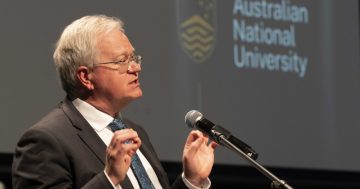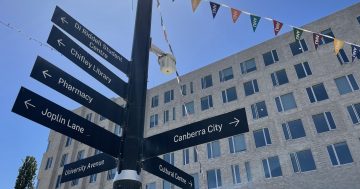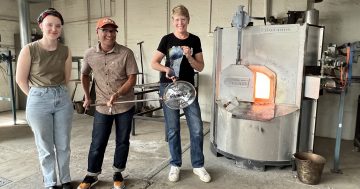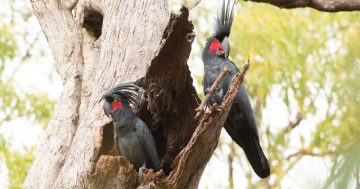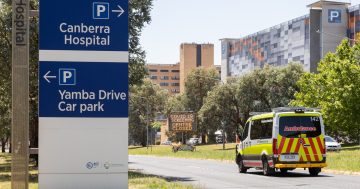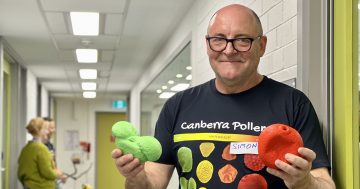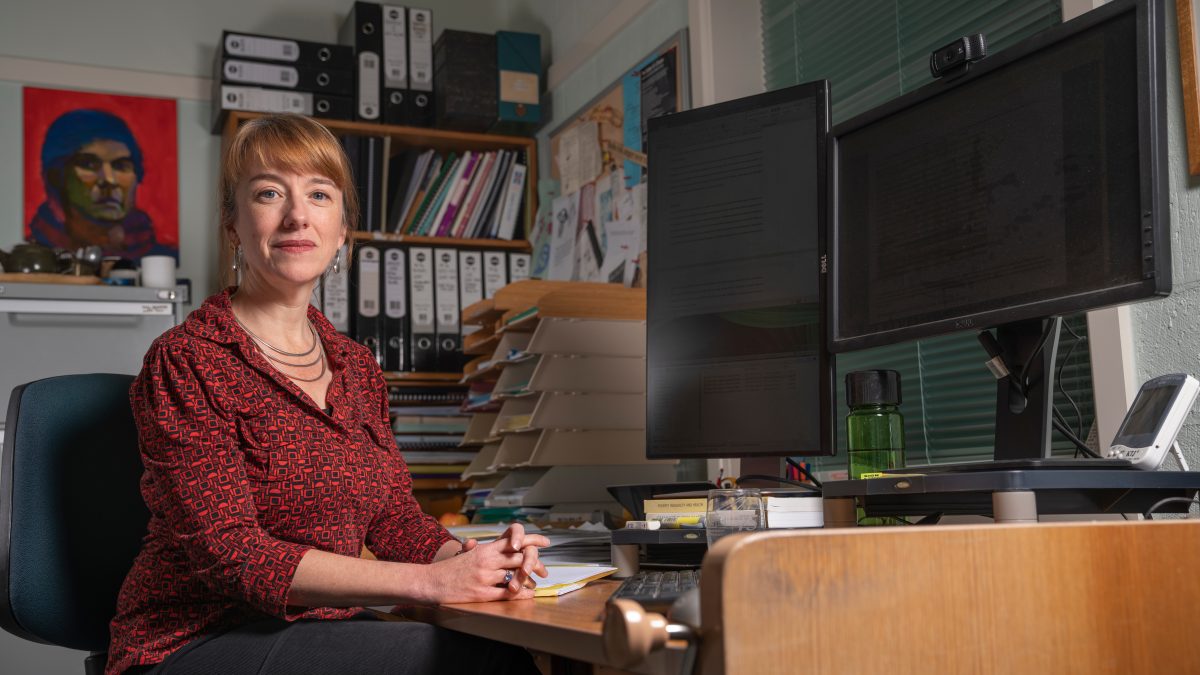
Professor Emily Banks from the ANU National Centre for Epidemiology and Population Health has been awarded a gold medal by the Australian Medical Association. Photo: Supplied.
Professor Emily Banks, from the Australian National University’s (ANU) National Centre for Epidemiology and Population Health, has been awarded a gold medal from the Australian Medical Association (AMA), the highest award the body can give.
The AMA’s gold medal is only presented to individuals that have made an exceptional contribution to medicine and public health. Only 28 other people have received the award since 1964.
Earlier in the year, Professor Banks was part of the team that released a report on the impact and effects of e-cigarettes on youth.
Professors Banks’ e-cigarette report found that young nicotine e-cigarette users were susceptible to taking up smoking, addiction, poisoning, seizures, burns and lung injury.
Additionally, the report stated that e-cigarette use negatively impacted the cardiovascular system, including blood pressure, lung function and heart rate.
Professor Banks said she was incredibly honoured to have been given the award.
“I’m so deeply honoured to get this award from the AMA, it’s a recognition of not just me but all the people that have worked alongside me in getting all of this work done,” she said.
“I think in public health, often, our achievements are sort of invisible so it’s great to have this recognition.”
As a public health physician and epidemiologist Professor Banks’ work consists mainly of investigating the health of populations and groups of people and what factors cause different kinds of sickness.
Much of her work revolves around using evidence and data from a vast number of people to identify solutions that are aimed at improving health outcomes for individuals and populations.
The researcher said that public health is how we help prevent sickness and disease instead of treating it outright.
“In my lifetime I’ve used the data from millions of people to inform the future and create recommendations or findings that are then used to inform the public,” Professor Banks said.
“Public health is the ultimate team sport, it’s about people in the community actually enacting and taking actions and working together without necessarily realising it.
“You can really see this in COVID, it’s the community taking action on what has been found and helping to prevent sickness.”
Professor Banks said the ANU had played a massive part in supporting her work.
“We’re always working had to get funding because it can be difficult to secure funding for research. A lot of what I’ve been able to do wouldn’t have been possible without the ANU,” she said.
“I really appreciate what they’ve helped me with, being able to work with people of all different backgrounds and work on all kinds of different public health issues.”














